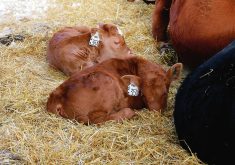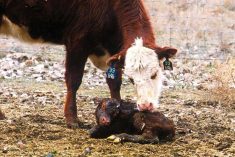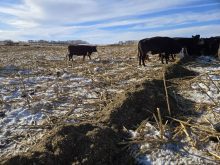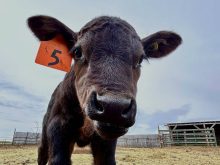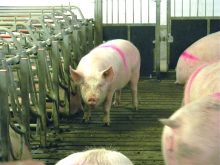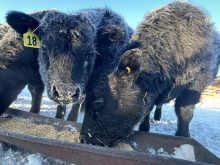Agriculture Secretary Tom Vilsack called for rural economic development as the key to a vibrant farm sector April 21, an unorthodox beginning for an overhaul of U.S. farm policy.
Marking the start of a two-year process to forge a new farm bill, Vilsack told a House Agriculture Committee hearing that he wanted to “expand the conversation” about the farm bill that will cover biofuels, public nutrition, land stewardship and crop subsidies.
But an Oklahoma congressman said Vilsack missed the point.
“Are you talking about turning rural America into a bedroom community?” asked Frank Lucas, Oklahoma Republican, during the hearing. He said Vilsack ignored farmers to talk about broadband networks and eco-tourism.
Read Also
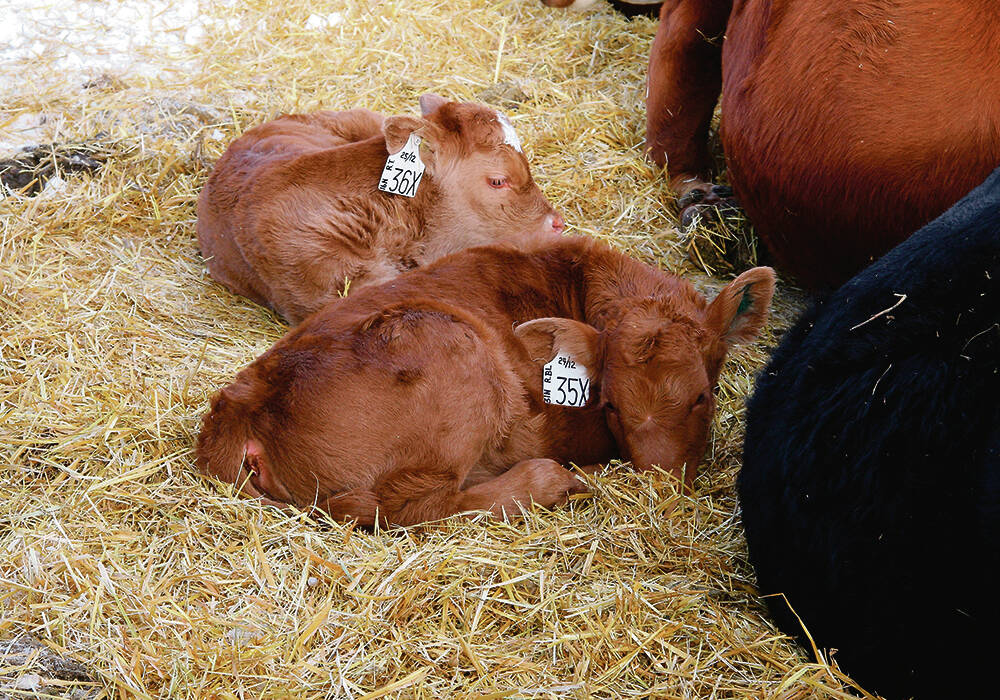
Biosecurity during calving: What’s your farm’s risk?
Cow-calf producers in Western Canada should have a well-designed plan for winter confinement period to reduce disease risks to herd.
In prepared remarks, Vilsack did not mention the Obama administration’s proposals to reduce farm subsidies to large farmers nor did he propose farm law changes. In response to a question, he said commercial-size farmers “clearly need the safety net, the programs you are working at.”
Most of the 2.2 million U.S. farms are part-time operations whose owners rely on off-farm income to pay their household bills. Medium-size and large farms account for most of the crop and livestock production. One-fifth of Americans live in rural areas.
“We need a new effort in creating quality jobs in rural America,” Vilsack told the committee.
Agriculture Committee chairman Collin Peterson urged farm groups to consider whether new approaches would provide a better safety net than the amalgam of programs now in place and costing $11 billion annually for crop supports and land stewardship.


